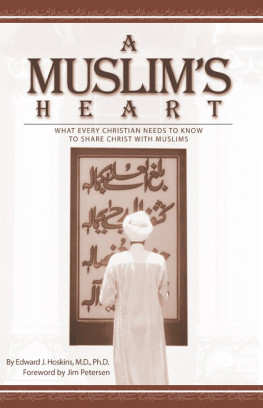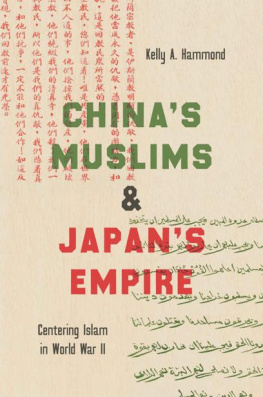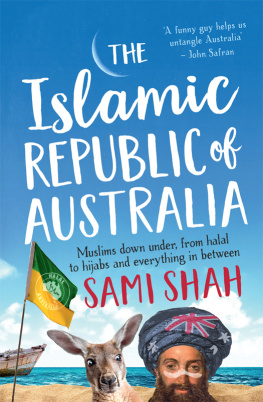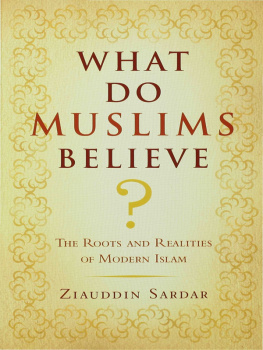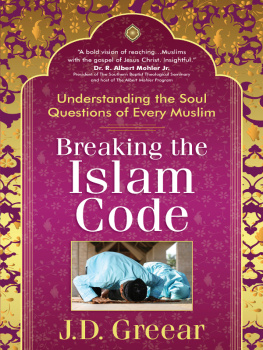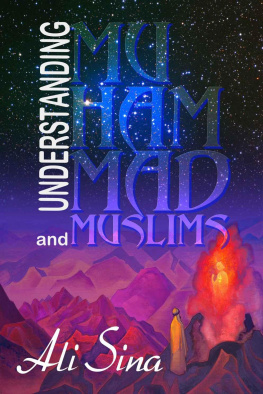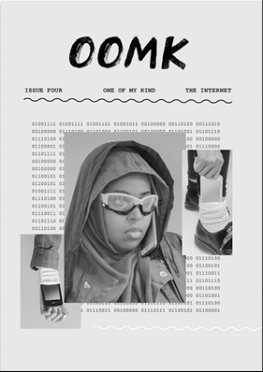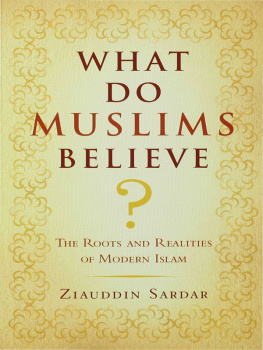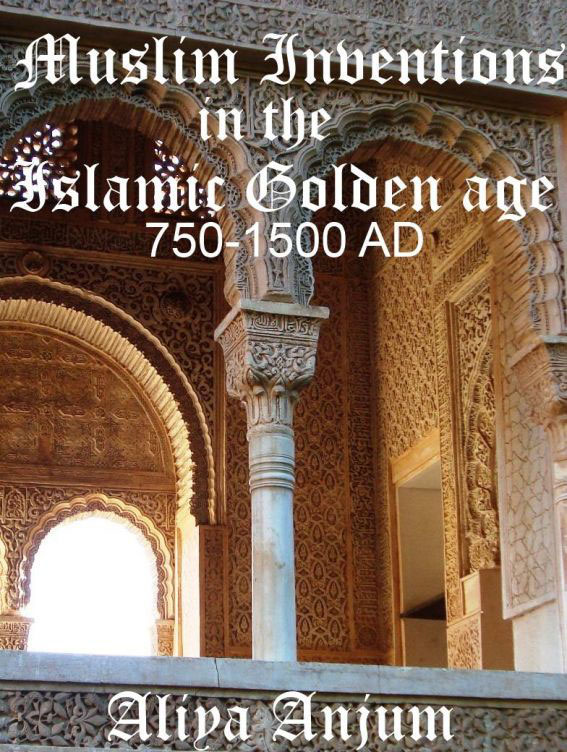MUSLIM INVENTIONS IN THE ISLAMIC GOLDEN AGE
750-1500 AD
Aliya Anjum
Copyright 2012
All Rights Reserved.
Published by Kolachi Publishers
Commendation Certificate
National Book Foundation, Pakistan 2009
Smashwords edition.
SMASHWORDS LICENSE NOTES
This ebook is licensed for your personal enjoyment only. This ebook may not be re-sold or given away to other people. If you would like to share this book with another person, please purchase an additional copy for each recipient. If youre reading this book and did not purchase it, or it was not purchased for your use only, then please return to.Smashwords.com and purchase your own copy. Thank you for respecting the hard work of this author.
Layout provided by Everything Indie
http://www.everything-indie.com
~
Foreword
In todays world, Europe and America are leaders in science and technology. The Muslim world is dependent on the west for technology. Most of us tend to think that science is a discovery and creation of the west, beginning from the Greeks and ending with contemporary Europe and US.
The world is unaware of the spectacular achievements of Arabic-language science from the eighth through the 16th centuries. In Mathematics, Astronomy, Medicine, Cartography (map making), Physics and Chemistry; medieval Arabic speaking Muslim and Jewish scientists, scholars, doctors and mapmakers were centuries ahead of Europe. Centers for scientific research and experimentation emerged across Muslim lands in the Muslim cities of Baghdad, Cairo, Damascus, Samarkand, Shiraz, Bukhara, Isfahan, Toledo, Crdoba, Granada and Istanbul. This was a time when Europe was in its dark ages (a period of 1,000 years from 400 to 1400 A.D) having little education and scientific development of any sort. The Arabic language had a status, which English holds today-being a language of science.
Muslims have a glorious history of science and technology. The unfortunate association of Muslims with terror in the last decade since 9/11 has marred the image of Islam. This book aims to highlight the intellectual legacy of the Islamic world.
God will exalt by [many] degrees those of you who have attained to faith and, (above all) such as have been vouchsafed knowledge (Quran 58:11)
Aliya Anjum
June 12, 2011
~
Dedicated to those who seek knowledge
The Prophet Muhammad (pbuh) said:
Whoever among you seeks a way of gaining knowledge, Allah will ease for him the way to Paradise, and the angels will spread their wings for the way of the knowledge seeker out of satisfaction for what he is doing. All inhabitants of the sky and the earth, even the fish in the sea, ask Allahs forgiveness for the scholar. The excellence of the scholar over the worshipper is like the excellence of the moon over the rest of the planets. The scholars are the heirs of the prophets because the prophets did not leave behind them any wealth of dinars and dirhams, but they left behind the wealth of knowledge. So whoever has taken from their inheritance has taken a big share.
(Narrated by Abu Dawood and At-Tirmidhi)
~
THE BEGINNING OF THE GOLDEN AGE OF ISLAMIC SCIENCES
Prophet Muhammad (pbuh) was born in 570 A.D in Mecca (Makkah) Saudi Arabia. He started to preach Islam to the Arabs around 610 A.D and continued to do so for almost 23 years till he met His Creator in 632 A.D
After Muhammad, under the influence of Islam, the Arabs underwent a radical transformation from desert dwelling tribesmen to a highly disciplined and sophisticated society. In the reign of Caliph Umar (634-644 AD) in an astonishingly short time span, Muslims conquered Roman (Byzantine) and Persian territories. The mighty empires of Rome and Persia fell at the hands of legendary warriors Khalid bin Walid and Amr bin Al-Aas in battles that changed the world. Over the next few centuries, Muslim Caliphs ruled over the Middle East, North Africa, Central Asia, Turkey, and later even parts of Europe (Greece, Ukraine, Romania, Macedonia, Hungary, Serbia, Bulgaria, Bosnia, Spain, Portugal as well as the Italian island of Sicily). [1]
The very first revelation of the Holy Quran was Read in the name of thy Lord (Quran 96:1), clearly indicating the importance of knowledge. Prophet Mohammad (saw) declared it the duty of every Muslim to seek knowledge. The newly established Muslim empire thus began to stress upon education and knowledge, in line with the teachings of Islam, beginning early in the eighth century AD.
The Umayyad Caliphate in Damascus, Syria around 712 A.D began the Muslim quest for science by procuring the scattered existing knowledge of all ancient cultures. Greek cities under Roman rule which the Muslims conquered, such as the cities of Alexandria in Egypt, Damascus in Syria and Antioch in present day Turkey, held state archives and private collections of Greek scientific and philosophical text. Treatises were also obtained from newly conquered cities in Persia. The Muslims procured scientific text from the ancient civilizations of India, China and Iraq (Babylon) as well. This massive collection of all available knowledge from various cultures was then translated into Arabic.
After the Umayyad dynasty, the Abbasid Caliph Al-Mansur greatly enhanced this tradition at his Baghdad based caliphate around 762 A.D. Abbasid Caliph Harun ul-Rashid who featured very often in the Arabian Nights, was crowned Caliph in 786 A.D. He set up a scientific academy (which also included an astronomical observatory later) known as Bayt al-Hikmah (House of Wisdom) in Baghdad, Iraq. It was here that Muslim Scholars rigorously translated the ancient works and created ground-breaking new sciences. The ancient works came from Babylonian (ancient Iraq), Egyptian, Greek, Chinese and Indian Scholars such as Aristotle, Plato, Archimedes, Hippocrates, Pythagoras and others. [2]
The Muslim world created new sciences such as Chemistry and Algebra, as well as greatly developed existing sciences.
Around 756 A.D, the Umayyad Prince Abd-al-Rehman established Muslim rule in Al-Andulus (Spain). Over the next three hundred years, Muslim Spain (Al-Andulus) became the greatest center of science in Europe, at a time when the rest of Europe was in its dark ages (a period of 1,000 years from 400 to 1400 A.D). [3] This was a time when Al-Andulus boasted of clean beautiful streets, planned towns and free education for all. People in other European countries such as England, Germany and France lived in miserable conditions. Muslim rule in Spain (Al-Andulus) lasted over 700 years and ended in 1492.
The Fatimid dynasty in 909 A.D, started to rule Egypt. They established formal universities and schools, such as the world famous Al-Azhar University of Cairo set in 975 A.D. This dynasty also greatly encouraged learning.
The golden age of Muslim science and discovery took place in various parts of the Islamic World; Al-Andulus (Spain); Damascus (Syria); Baghdad (Iraq); Cairo (Egypt) Samarqand (Uzbekistan in Central Asia); Shiraz (Iran) and Istanbul (Turkey). This golden age lasted for more than 700 years. [4]
Europes version of modern scientific history begins with the Greeks (Archaic, Classical and Hellenistic periods) which existed between 800 BC to 27 BC. After this period, the Greco-Roman period began, with the establishment of Roman rule in Greece circa 27 BC, ending the Greek age. The Greeks golden age produced thinkers, physicians and philosophers such as Hippocrates, Galen, Aristotle, Euclid, Ptolemy and Archimedes. The Roman Empire officially ended in 476 AD, and thereafter Europe fell into scientific backwardness for the next 1,000 years (called the dark ages) till the European reawakening or the Renaissance in the mid 1400s. However, the European dark ages are the Muslim golden age, when Muslims took over science and discovery, beginning circa 750 AD and ending around 1500 AD.


